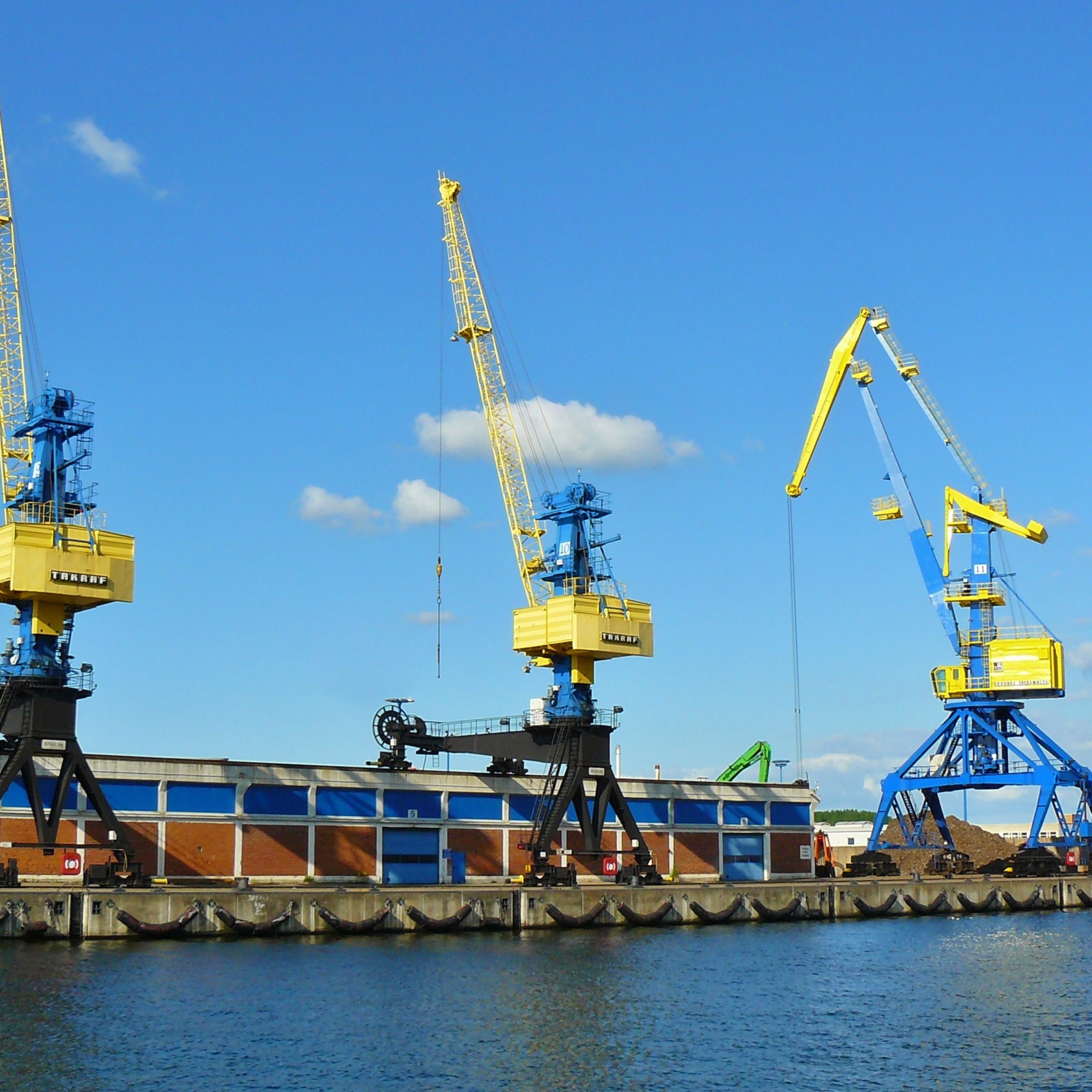Supplies of mineral fertilizers to the Russian market keep growing

2022 has become a year of high volatility, as well as rapid and profound changes in the economy and politics. Numerous Western sanctions against Russia, the destruction of supply chains, and the refusal of principles of free trade have caused unprecedented damage to world food security, said Andrey Guryev, President of the Russian Fertilizer Producers Association (RFPA).
“The key destabilizing factor is the “fracture” in the global market for mineral fertilizers, as United Nations Secretary-General António Guterres described the situation. Western sanctions have severed supply chains from Russia and Belarus, which accounted for almost a quarter of world trade in 2021,” noted Andrey Guryev.
As follows from his statement, international container operators have completely left Russia, shipping companies refuse to provide vessels for the transportation of Russian mineral fertilizers, payments become more complicated, domestic chemical companies faced a significant increase in logistics costs and restrictions on the supply of technologies and equipment to Russia pose a threat of artificial inhibition of the investment development of the national industry for the production of mineral fertilizers.
Taking into account that application of mineral fertilizers in several regions of the planet sharply decreased by 20-30%, compared to the level of 2021, the current crisis in the availability of food threatens to turn into a global food catastrophe in 2023.
“We are already witnessing a pronounced reduction in the consumption of mineral fertilizers in the European Union. Especially for phosphorus and potassium, the supply of which decreased by 30-33% from the level of 2021,” Andrey Guryev stressed.
Sales of potassium chloride from Russia to Europe decreased by 1.2 million tons to 0.7 million tons (and that was mainly before the imposition of sanctions) and phosphorus fertilizers – by 1.5 times to 2 million tons. As for nitrogen fertilizers, European enterprises were forced to reduce their production due to record-high prices for natural gas.
“The countries of the European Union, which have faced a shortage of environmentally friendly Russian products as a result of their own sanctions, are considering the abolition of restrictions on the content of toxic cadmium in mineral fertilizers, even though they entered into force quite recently – in July 2022. This will lead to flooding the European market with fertilizers with high concentrations of hazardous substances. An unprecedented blow to the health of its own population for the sake of the temporary conjuncture,” Andrey Guryev stated. “Experts say that Western sanctions lead to a decrease in Russian exports of mineral fertilizers in 2022 by 15%. At the same time, back in the summer of 2022, we estimated a 20% reduction in exports. This confirms that Russian producers, starting from June-July, began to recover from sanctions pressure and found new alternative ways of supply.”
As the head of the RFPA noted, India is the leader in the purchase of mineral fertilizers from Russia: the export there has increased almost 3 times to 3.6 million tons, mainly due to an increase in the supply of phosphorus fertilizers.
There was also an increase in deliveries to the Middle East (primarily to Turkey) by almost 1.5 times to 700 thousand tons. The share of Russian fertilizers in the African market has increased significantly. The markets of Southeast Asia are characterized by a high potential for supplies, especially since in 2022 Vietnam canceled the countervailing duty on the supply of mono- and diammonium phosphate from Russia (previously its rate was $43.5 per 1 ton). Vietnam annually imports about 3.5 million tons of mineral fertilizers.
Important competitive factors for Russian products are the absence of cadmium concentrations hazardous to human health and soils, as well as the flexibility of manufacturing a wide product line of domestic companies.
“This flexibility is the result of a large-scale investment program of industry leaders. Over the past nine years, Russian producers of mineral fertilizers have invested over 1.5 trillion rubles (almost $20.7 billion) in the development of the sector. Over the years, the volume of production has grown by 43% to 26.3 million tons, exports – by 38%, and deliveries to the domestic market – more than doubled,” said Andrey Guryev. “A new technological industry has appeared in Russia, capable of responding flexibly on changing market conditions, which was able to quickly redirect exports to alternative markets.”
As a result, despite the difficult global situation, the output of the main types of mineral fertilizers (nitrogen, phosphorus, and complex) increased by 5% in 2022.
At the end of 2022, the purchases of Russian farmers, taking into account the previously accumulated volumes, increased at least by 15%. By mid-December, according to the Russian Ministry of Agriculture, they expanded the purchase of mineral fertilizers to
5.4 million tons. That means that the formation of reserves for the upcoming spring fieldwork is already underway.
“Agriculture is the new oil, and Russia is becoming an agrarian superpower,” Andrey Guryev stated.
Based on the information of the Ministry of Agriculture of Russia, we expect the growth of the domestic market in the coming years. By 2030, it predicts an increase in the supply of mineral fertilizers to the domestic market up to 8.8 million tons from the current 5 million tons. And the average rate of their application should reach 80 kg per 1 hectare of arable land against the current 55 hectares.
Russian enterprises for the production of mineral fertilizers are ready to ensure the achievement of these indicators by 100% through the supply of their products – the interests of Russian agriculture are their priority.



